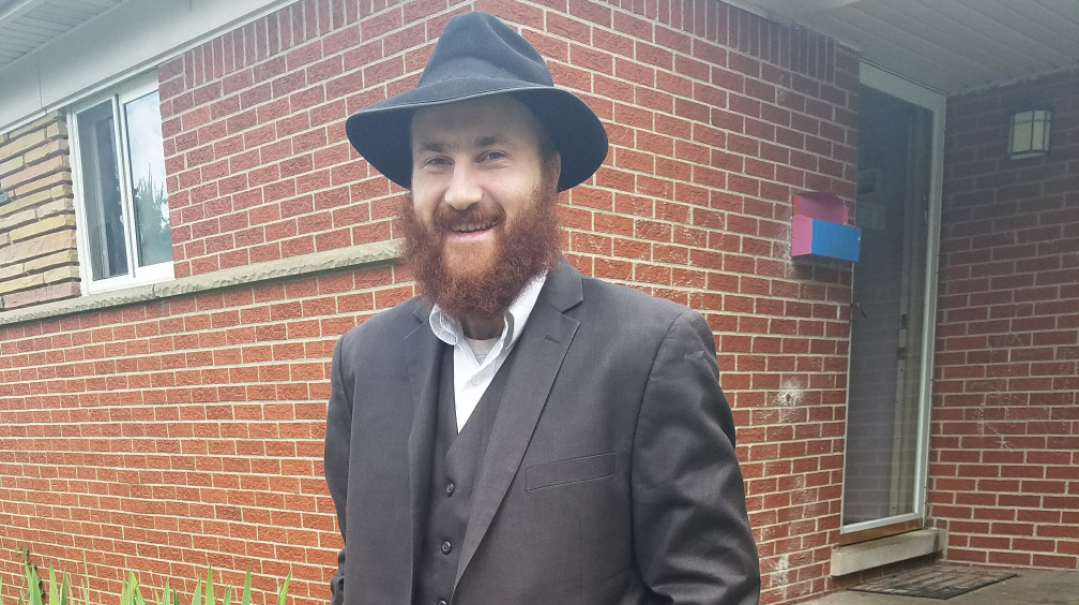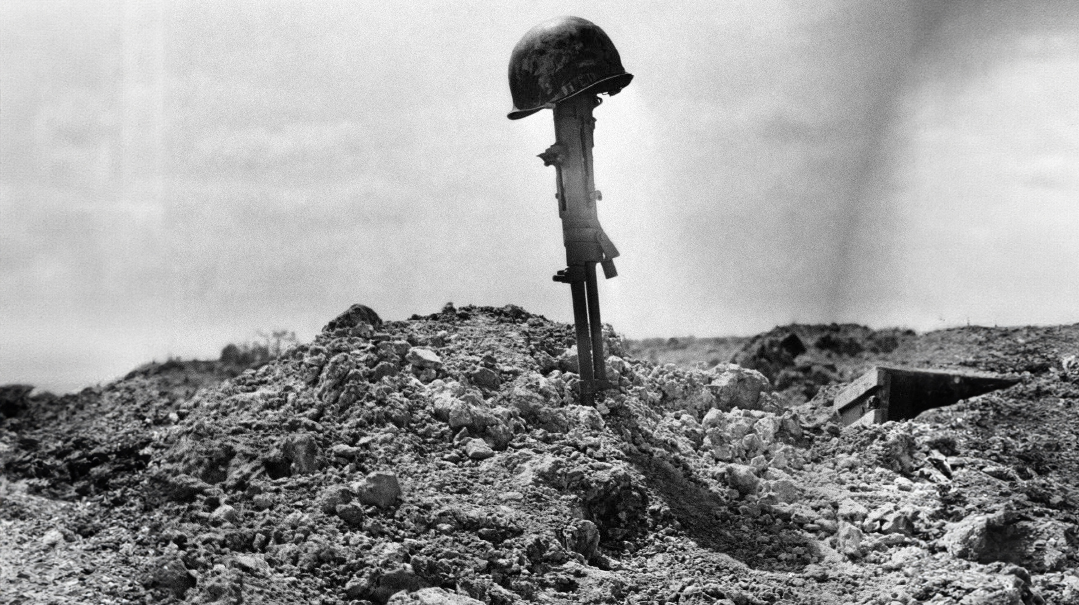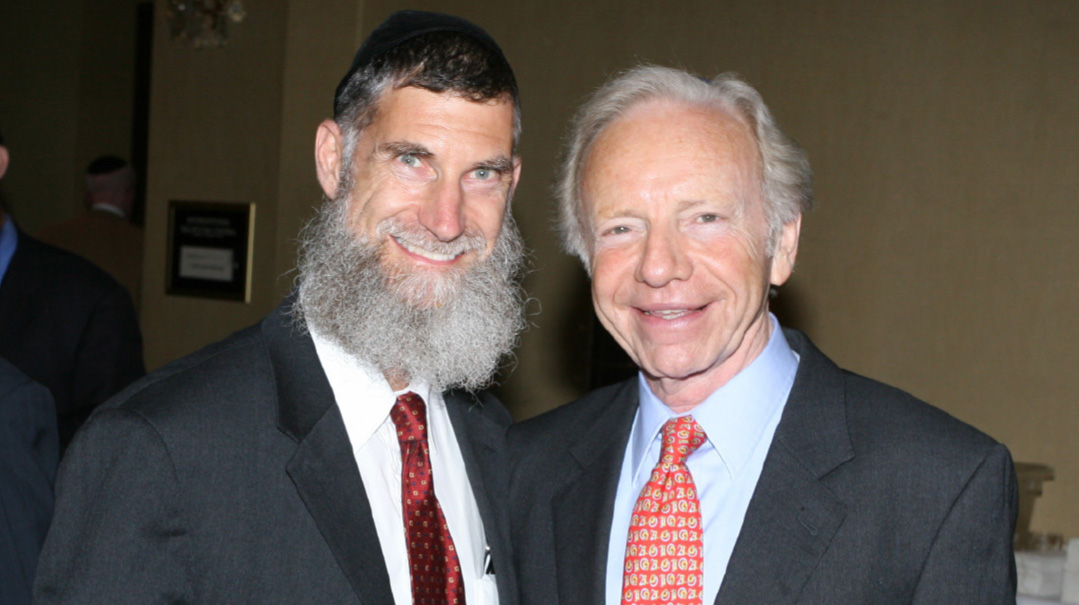A Mounting Reward
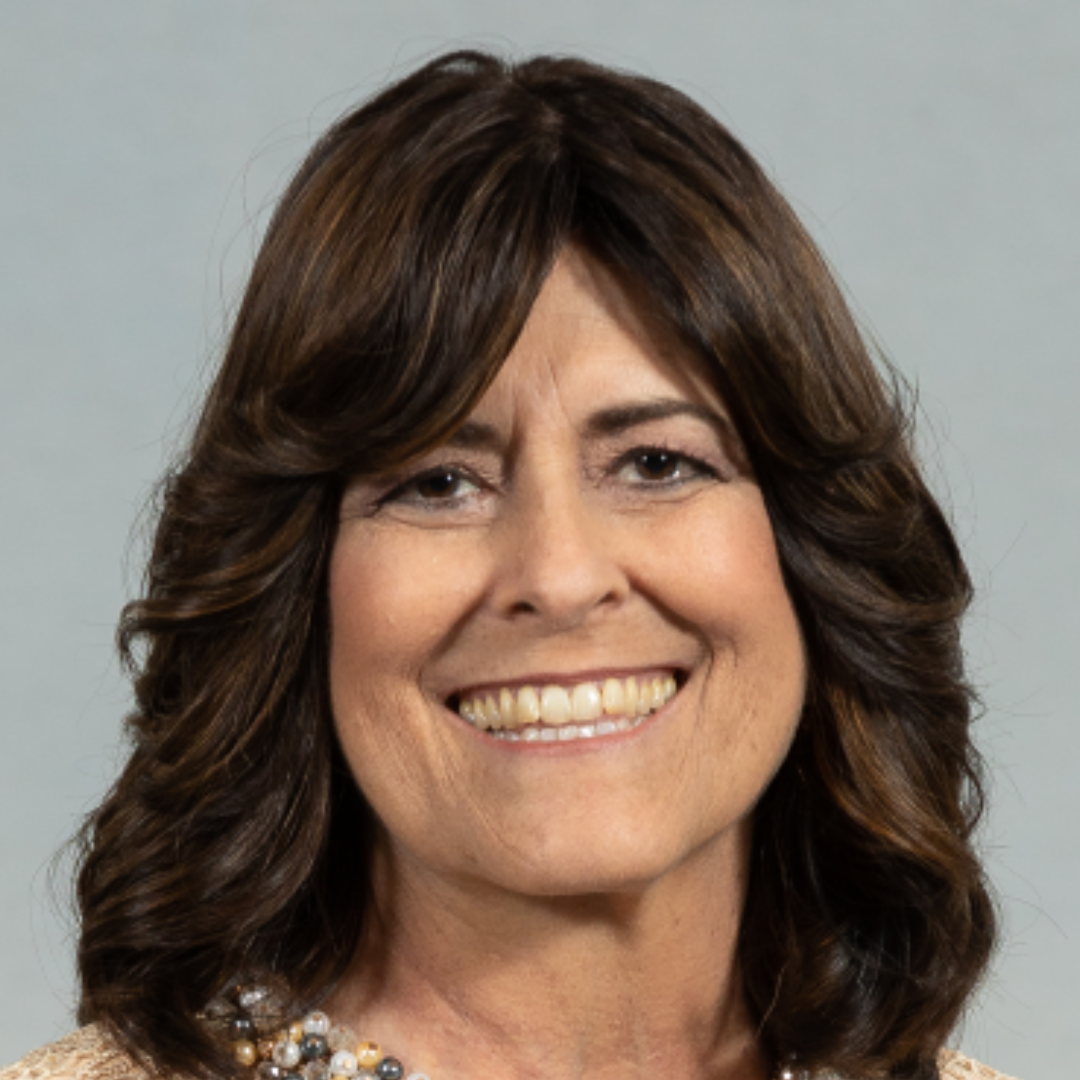
“It is not up to you to finish the job... but neither are you free to disengage from it”
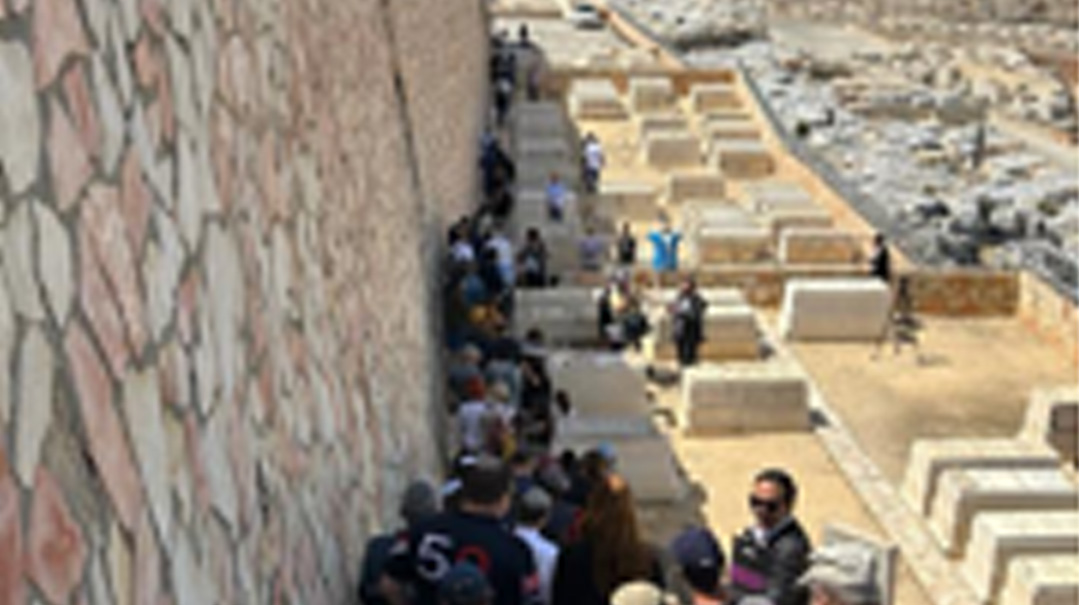
The view of Jerusalem is breathtaking from Har Hamenuchot, the cemetery in Givat Shaul.
I take a quick breath. My daughter looks at me, surprised that I am already crying. We just got here.
It is the third yahrtzeit of Rav Avraham Yeshayahu Heber z”l, the founder and director of Matnat Chaim, the organization that finds transplants for people suffering from kidney disease. Kidney donors, kidney recipients, and news media are all gathered here. I look around and see familiar faces. Perhaps they are from the hospital where I receive my checkups. Not only did Rav Heber help facilitate my first transplant, but he was my Kosel. I cried on the phone to him more than once.
I look up toward the speaker, who is standing above Rav Heber’s grave, overlooking Jerusalem. He is telling us that many years ago, he donated a kidney. After two weeks, to everyone’s great sorrow, the recipient’s body rejected the new kidney. Eventually, the person received a kidney from someone else, but Rav Heber always told this donor that he had done a pure mitzvah, chesed shel emes; he did the mitzvah, but did not merit the satisfaction that donors feel when they see their kidneys save someone else’s life. As it says in Pirkei Avos: “It is not up to you to finish the job... but neither are you free to disengage from it.”
I met my first donor recently, after not having seen her in a while. I used to get an uncomfortable feeling when I saw her because I felt that somehow I had failed her. The truth is, I had very high antibodies, and finding me a match was not easy. With treatments, her donated kidney lasted six years. By the seventh year, I was on dialysis.
“I heard that people on dialysis can’t drink very much,” she told me the other day, “and it’s excruciating.”
“Actually, your kidney helped protect me. It still worked a little when I was on dialysis, so I could drink more than other people could.” I had a sudden realization. “In fact, maybe I would have died without your kidney, chas v’shalom.”
She had given me seven years of life. Eventually I was fortunate enough to find a second donor in America (through the organization Renewal) — another tzaddik willing to part with one of his organs. Also, her kidney now serves as a filter to help my newest kidney. It is a little crowded in there, with my two old kidneys and my two new ones, but all the organs seem to be getting along fine, baruch Hashem.
Speaking of getting along, I look around again. We are saying Tehillim for Rav Heber. Although there are perhaps 400 people here, they are only a fraction of the recipients and donors who have been matched through Matnat Chaim. The crowd shows some of the characteristics of typical recipients and typical donors.
Typical? Well, there are those with black yarmulkes, white shirts, and tzitzis hanging out. I see long, short, and no peyos. Then you have large knitted kippot, small knitted kippot, and the cardboard type that people put on just for the occasion. There are sheitels and tall tichels, hats and no hats, and no hair-coverings. In other words, there is no typical donor, no typical recipient. All types of Jews donate kidneys, and all types gladly, gratefully, and humbly receive them. Yes, every kind of Jew can be found here. Next to this tzaddik’s grave, everyone gets along. Rav Heber was the paradigm unifier of Am Yisrael.
Rav Tzvi Heber, Rav Avraham Yeshayahu’s father, is speaking. The clouds, the mahn, and the water in the desert, Rav Tzvi Heber tells us, were all in the merit of Avraham Avinu. He catered a meal for three malachim, who needed no nourishment. Those three mitzvah malachim transformed into the support team for Am Yisrael in the desert: the clouds, the mahn, and the water.
In the same way, the work of Rav Avraham Yeshayahu and his wife Rachel is a kiddush Hashem that spreads out to protect Am Yisrael.
Rav Heber lived a life filled with challenges. Most people know he became ill with a kidney disease as an adult. He went on dialysis and was ultimately fortunate to receive a transplant. But there were other difficulties, both emotional and physical.
Soon after his transplant, Rav Heber fell and injured his leg. A mistaken diagnosis rendered the injury irreparable. For years, this leg caused him extreme pain. When it was suggested that he sue the doctor who made the mistake, he said that he had more important things to do — namely, finding people kidneys. Besides, everything is from Above, he would insist.
After years of mesirus nefesh, working day and night to match donors to recipients, Rav Heber was “rewarded” by having the police show up one day at his door. He was accused of selling organs, a preposterous notion that still has many of us incensed. He nearly closed down Matnat Chaim, but after a mother called Rav Heber, begging him to find her son a kidney, he decided he had to push through. In spite of the court appearances and the terrible emotional toll, he continued his work. Of course, the suspicions were proven completely and absolutely false.
Although the Hebers had a burning desire to establish a large family, they were granted but a small family inside their house. Outside, however, the Matnat Chaim family has nearly 1,500 members — those who have received kidneys, thanks to the persistent work of Rav Heber, and that of his wife after his passing. In fact, this year Rabbanit Rachel Heber received the prestigious Israel Prize for her continuing work in saving lives.
It is the end of the ceremony. We each pick up a rock and walk single file next to Rav Heber’s kever. Each kidney donor places a rock on the gravestone, as does each of the donor’s offspring. The same happens with the recipients; each person who received a kidney and each of his or her children places a rock on the gravestone. The symbolism is obvious; the pile of rocks grows.
There is a three-year-old boy, silky brown hair reaching his shoulders. His name is Avraham Yeshayahu. He is the first child to inherit Rav Heber’s name after his passing. His father, a kidney donor, lifts the little boy up to place a rock on the grave. Everyone around tastes the sweetness mixed with our salty tears.
And that’s it. We get in our cars and reluctantly leave Rav Heber and his unfathomable reward, to which the dusty mountain of rocks on his gravestone testifies.
(Originally featured in Mishpacha, Issue 960)
Oops! We could not locate your form.

